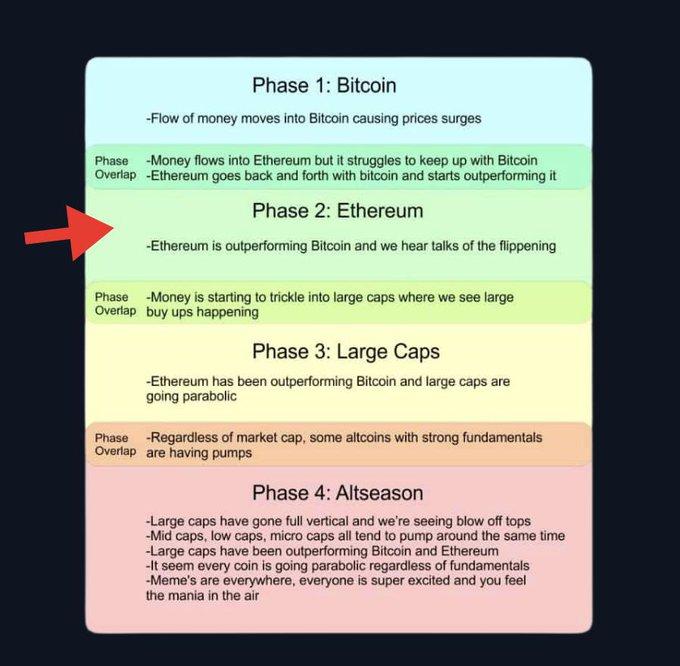Table of Contents
ToggleEthereum's core developers have temporarily set November 2025 as the deployment time for the next major Hard Fork named Fusaka. This is an important upgrade aimed at improving Ethereum network's performance and scalability, marking a new milestone in the system's long-term development.
What's New in Fusaka Hard Fork?
According to the ethPandaOps community group - an organization specializing in Ethereum improvements - the Fusaka upgrade will include 11 EIPs. Among these, notably EIP-7825, which helps enhance resistance against malicious attacks and simultaneously promotes network scalability.
Additionally, developers have proposed increasing Ethereum's gas limit to 150 million, aimed at expanding transaction processing capacity and improving overall network performance. However, to shorten testing time, the EIP-7907 proposal (doubling contract code size limit and implementing gas measurement) has been excluded from this upgrade.
Another notable point is that the controversial EVM Object Format upgrade will also not be included in Fusaka, as confirmed by core developer Tim Beiko in April 2025.
The Fusaka Hard Fork deployment roadmap has been clearly outlined: a new Devnet will launch this week, followed by two public testnets in September and October, before officially deploying on the Primary Network in early November. This timeline is set to coincide with Devconnect, the global Ethereum community event taking place from November 17-22 in Buenos Aires, Argentina.
However, some development team members express concerns about the progress. In a post on social media X, Ethereum protocol support group member Nixo warns:
"If we want to make it in time for Devconnect, the schedule must be truly tight. Are the clients ready to release within the next month and a half?"
Glamsterdam Upgrade and Proposal to Reduce Block Time
Meanwhile, the Ethereum development team is also preparing to finalize proposals for the next Hard Fork named Glamsterdam, expected to launch in 2026. Features selected for Glamsterdam will be announced in the next AllCoreDevs – Execution meeting on August 1.
One important proposal being considered is reducing block creation time from 12 seconds to 6 seconds. According to developer Barnabé Monnot, this will significantly improve user experience and increase efficiency for decentralized finance (DeFi) applications.
Additionally, according to a recent post on X by Ethereum co-founder Vitalik Buterin, nearly 50% of current stake is voting to support raising the L1 gas limit to 45 million, helping reduce transaction costs and increase scalability for the entire Ethereum network.








